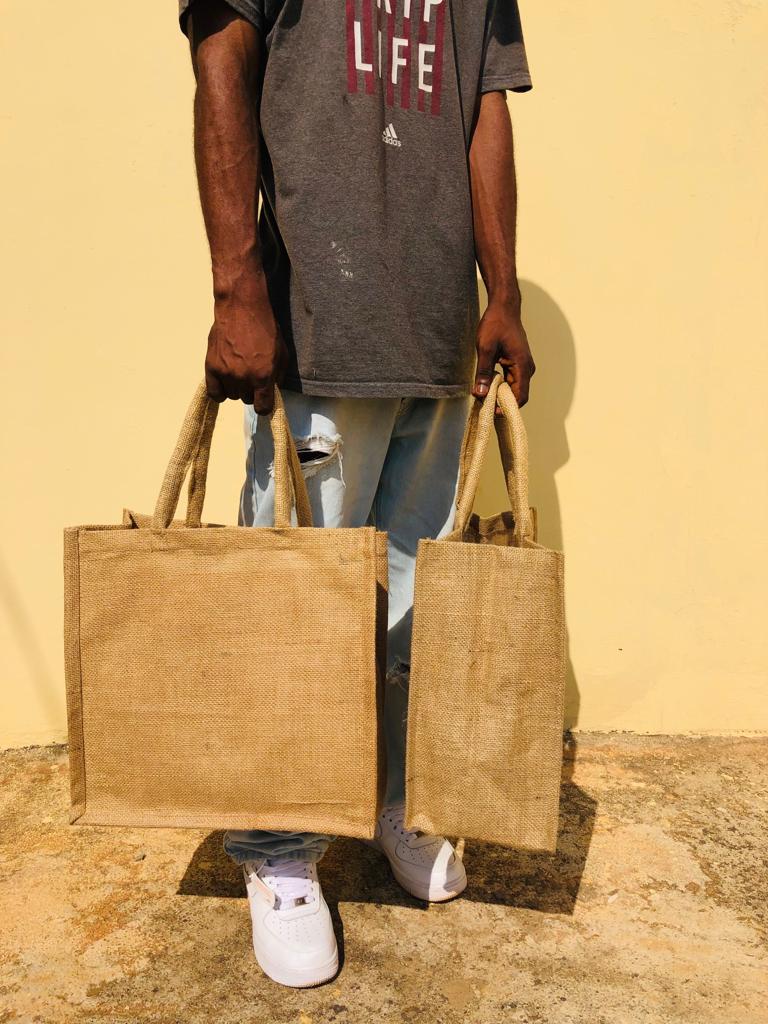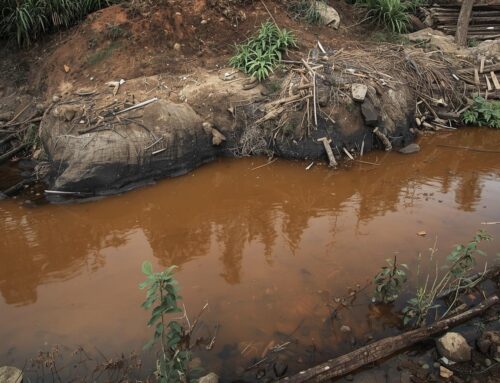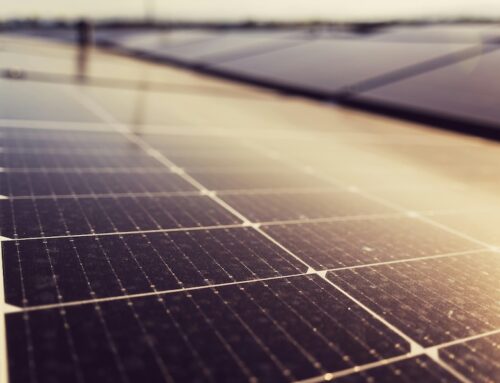Plastic waste is a growing environmental issue in Ghana, with over 1 million tons of plastic waste generated each year, of which only about 5% is recycled. The improper disposal of single-use plastics clogs waterways, contributes to flooding, and negatively impacts the ecosystem and public health. With landfills overflowing and marine life suffering, there is an urgent need to address the plastic pollution crisis.
The Problems with Plastic Waste
Plastic is a major pollutant because it takes hundreds of years to decompose. In Ghana, plastic waste is often burned, releasing toxic chemicals into the air, or left to accumulate in landfills and the environment. The effects include:
- Environmental damage: Plastics block drainage systems, causing floods and pollution in water bodies.
- Harm to wildlife: Marine animals and birds often ingest plastic, mistaking it for food, leading to injury or death.
- Health hazards: The burning of plastic waste releases harmful chemicals, which can lead to respiratory problems and other health risks for local communities.
Ways to Mitigate Plastic Waste
There are several strategies Ghana can adopt to tackle the growing plastic waste problem:
- Public Awareness Campaigns: Educating citizens on the dangers of plastic pollution and promoting the use of alternatives can reduce reliance on single-use plastics.
- Improved Waste Management Systems: Establishing more efficient recycling systems and increasing the capacity for waste collection will help to manage plastic waste more effectively.
- Government Policies: Implementing stricter regulations around plastic production and encouraging the use of biodegradable materials can drastically cut down on plastic waste.
- Encouraging the Use of Reusable Products: Promoting products like reusable bags, bottles, and containers can help reduce the demand for single-use plastics.
How Soko Bags is Making a Difference
Soko Bags is at the forefront of addressing Ghana’s plastic waste problem by providing eco-friendly alternatives to plastic bags. We produce durable, biodegradable, and reusable bags made from sustainable materials like jute and cotton. By transforming discarded sacks used in the packaging of cocoa beans and other products into stylish, eco-friendly bags, we help reduce the reliance on plastic bags.
Our mission goes beyond just offering sustainable products. We are committed to:
- Reducing single-use plastic consumption: Each reusable Soko Bag replaces hundreds of plastic bags over its lifetime, keeping plastic waste out of landfills and oceans.
- Promoting environmental education: We partner with local organizations and schools to raise awareness about the importance of sustainability and the impact of plastic waste on the environment.
- Empowering local communities: With an 85% female workforce, Soko Bags supports women by providing them with economic opportunities, allowing them to earn a living while contributing to a more sustainable future.
Conclusion
Plastic waste is a serious environmental challenge in Ghana, but through collective efforts and innovative solutions, we can reduce its impact. Soko Bags is proud to be part of this change, offering sustainable alternatives that empower communities and promote environmental responsibility. Together, we can tackle the plastic waste crisis and build a greener, cleaner future for Ghana.
Watch our feature on DW TV here.





Leave A Comment